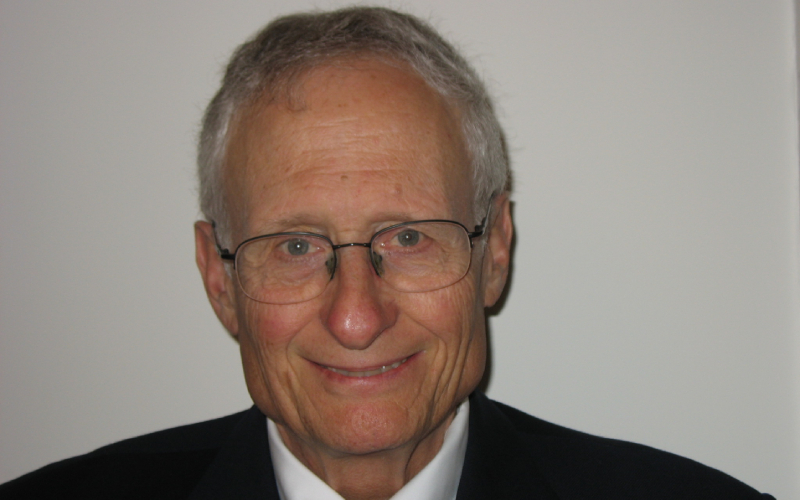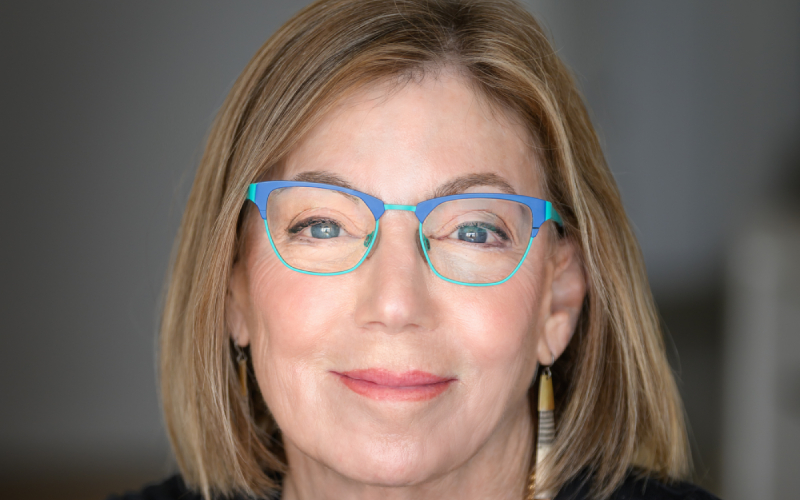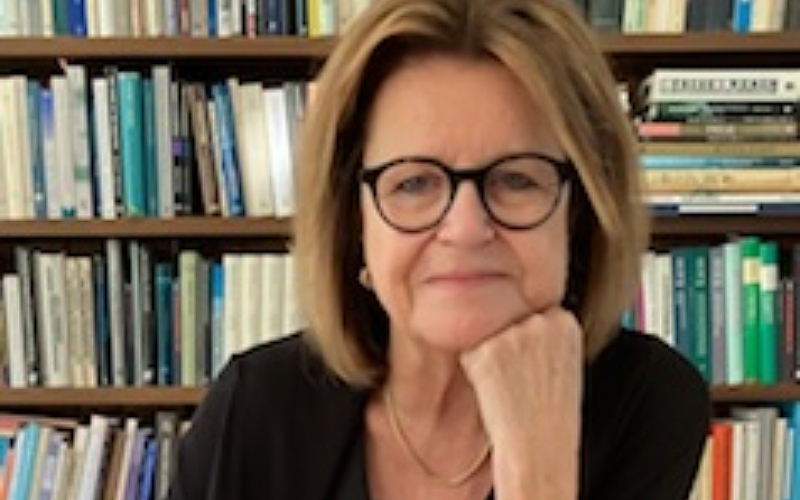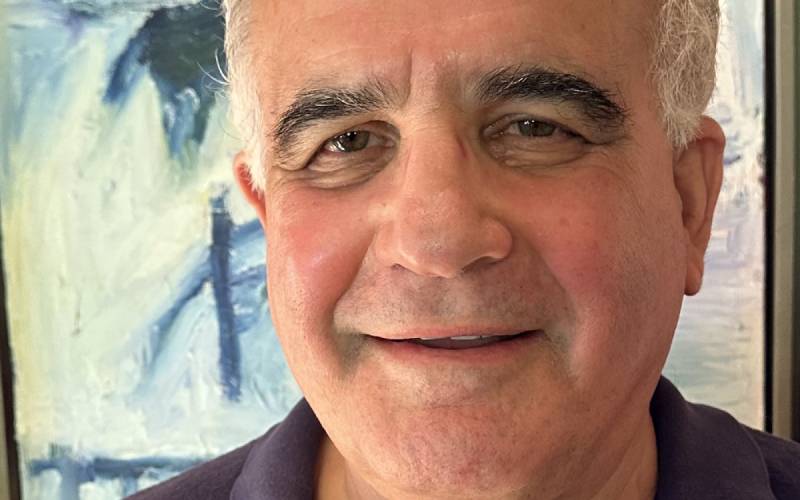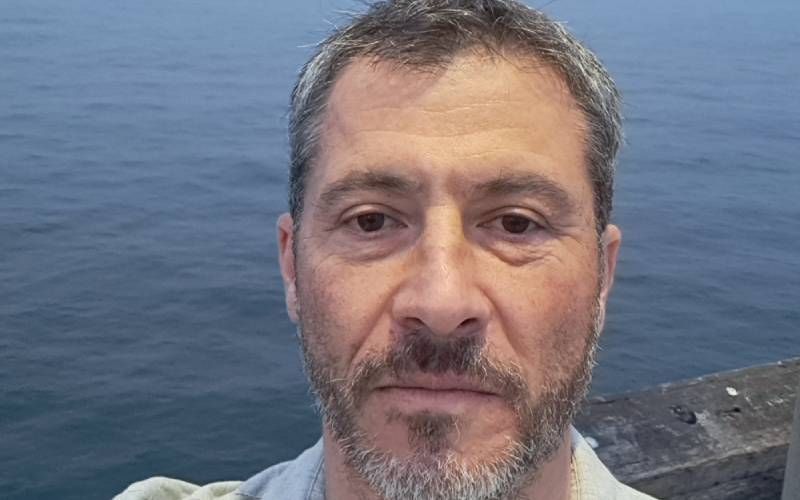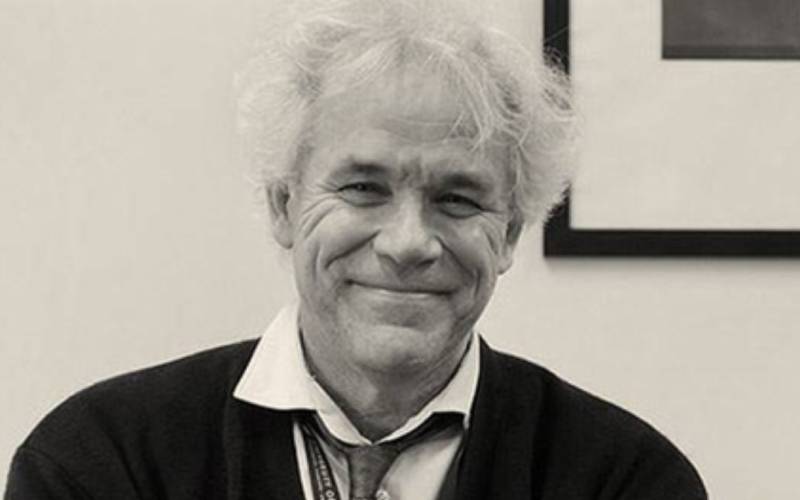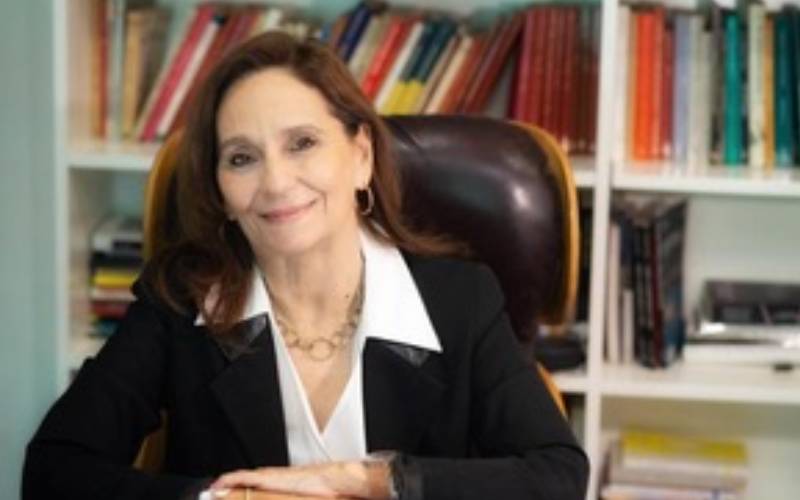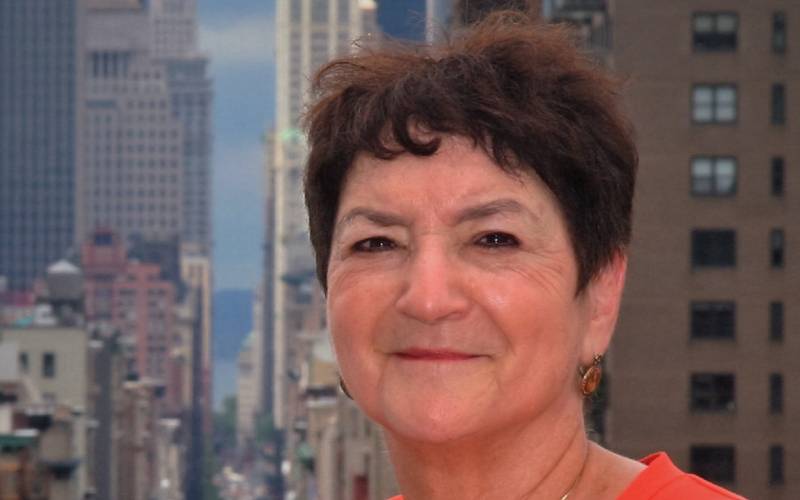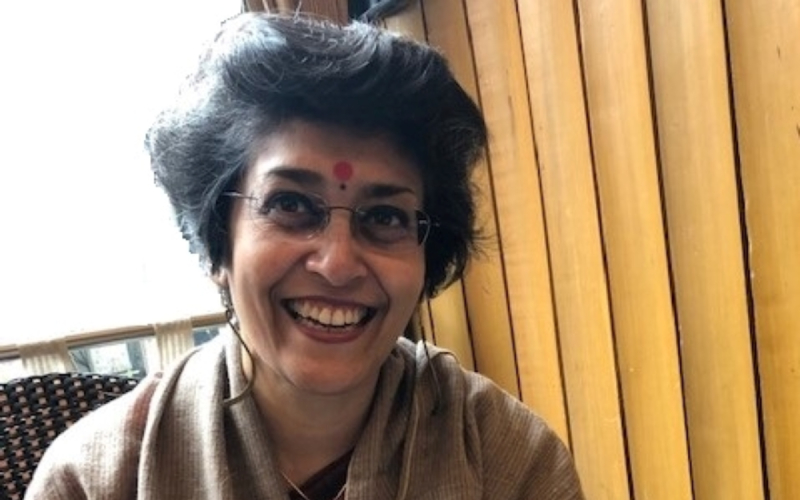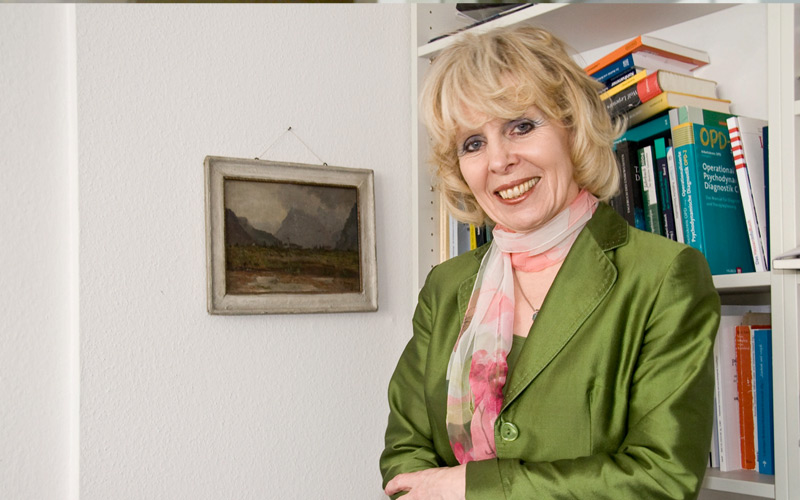Episode 173: A Fourth Pillar: Unlocking the Power of Case Writing in Analytic Training with Stephen B. Bernstein, MD (Brookline, Mass.)
“I see the importance being in the process of working with someone to write a case report such that the case report asks the reader to open up and deepen their awareness, both of the analysis, but by definition, also of themself. One is always asked, What does this mean? Go deeper, be more open….
Read MorePodcast: Play in new window | Download

